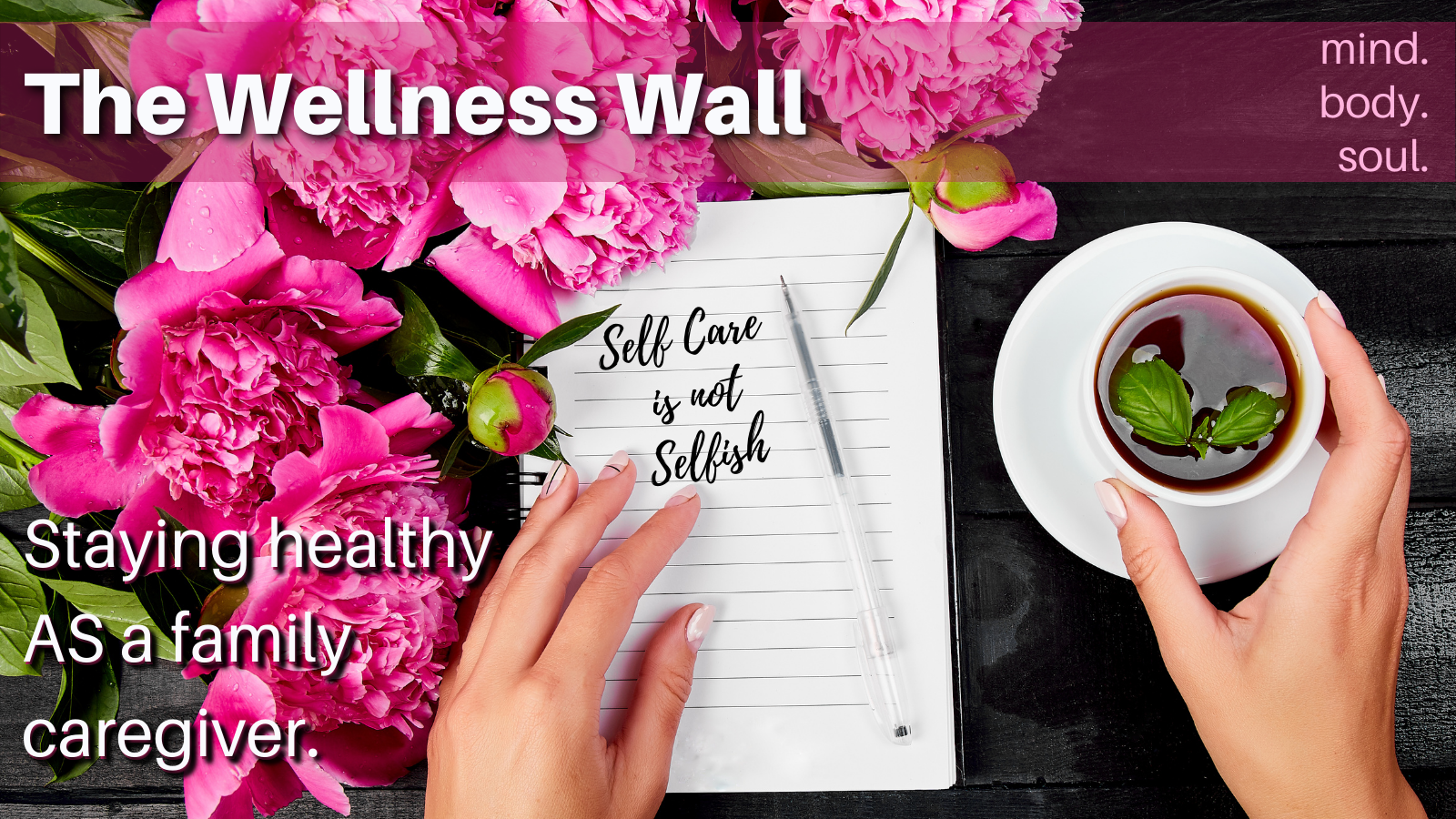TEXT SIZE
SHARE
While July 2021 in New England has not been the driest month, it is still summer, and we all tend to spend more time outside. However, we do know that it is crucial to be careful in the sun due to potential damage to our eyes and skin from UV rays and the risk of heat exhaustion or sunstroke if exposed to the sun and high temperatures for prolonged periods.
But the warming rays of the sun do have some good qualities as well.
For example, sunlight can help deter a vitamin D deficiency.
- Supports healthy bones
- Manage calcium levels
- Reduce inflammation
- Support a healthy immune system
- Support your glucose production
Sunlight also regulates your serotonin and melatonin levels.
- A lack of melatonin can cause sleeplessness and even insomnia
- A serotonin deficiency can result in feelings of and lethargy
Time in the sun can also increase the production of beta-endorphins
Beta-Endorphins can also help:
- Relieve minor pain & help minor wounds to heal
- Boost the immune system
- Promote relaxation while making you still feel alert
- Reduced levels and make us feel happier!
 So, what is the morale of any story about something that is both good and bad?
So, what is the morale of any story about something that is both good and bad?
Answer: Moderation!
You do require sunlight in your life, but prolonged exposure is a health risk. The U.S. Department of Veteran’s affairs shared an article on protecting yourself while safely enjoying the sun. Here are the key takeaways:
Cover up with:
- A Hat (preferably wide-brimmed)
- Lightweight long-sleeved shirts
- Sunglasses – for eye protection
Stay in the Shade:
- Avoid midday sun when possible
- Be careful even on cloudy or cooler days
Wear Sunscreen:
- Choose one with a sun protection factor (SPF) of at least 15
- Read the label to ensure it protects against both Ultraviolet A (UV-A) and Ultraviolet B (UV-B) rays
- It is recommended that you apply at least one ounce (a palmful) of sunscreen every two hours.
- Apply more often if you are sweating or swimming, even if the sunscreen is waterproof




 So, what is the morale of any story about something that is both good and bad?
So, what is the morale of any story about something that is both good and bad?